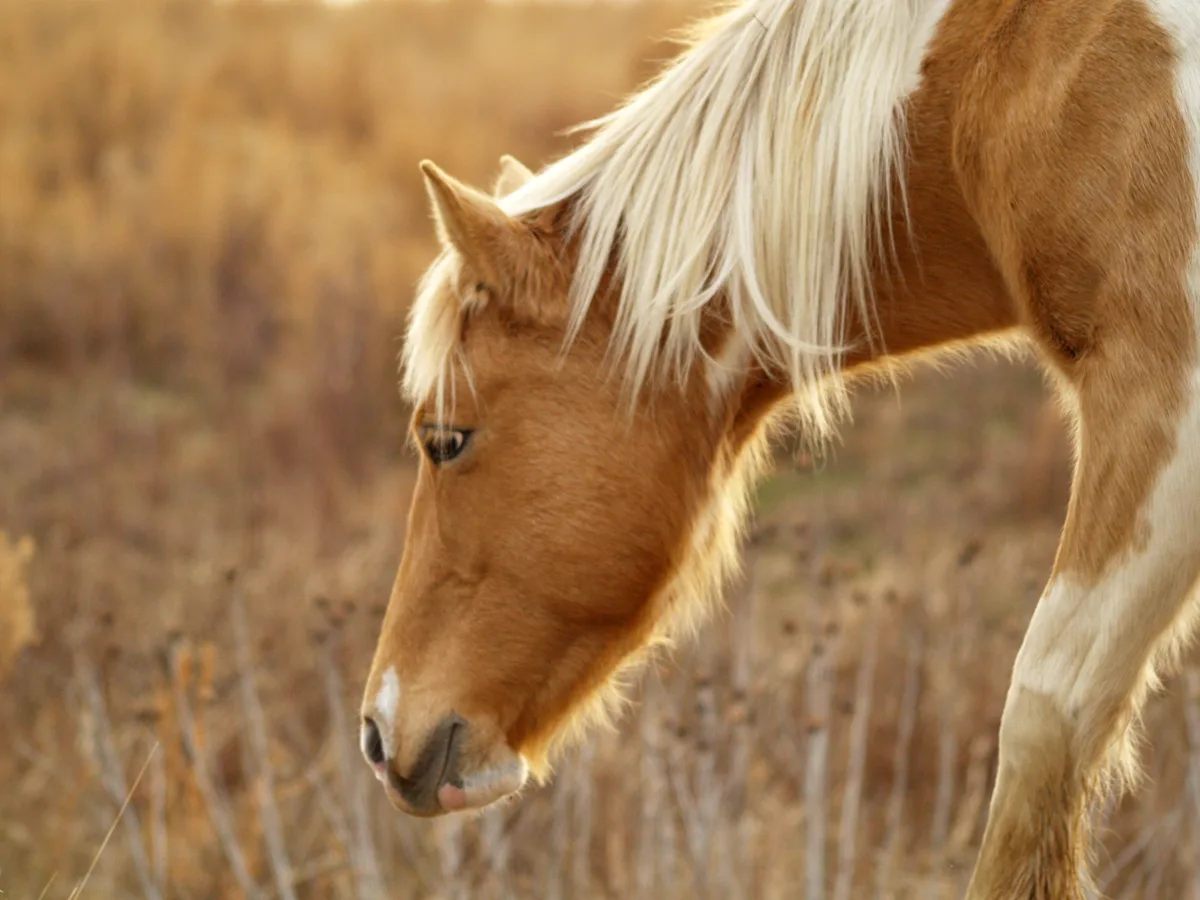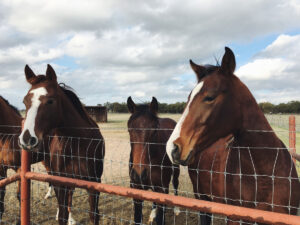
No two horses are the same and it’s important to reduce stress for your horse if they are not happy.
Horses can be naturally fearful and certain breeds can demonstrate stress more than others, such as Thoroughbreds and Arabians. There are common signs that your horse could be stressed, which include, a loss of appetite, excessive sweating, kicking, tail swishing, flared nostrils and pawing.
Recognising that your horse is stressed and understanding what is causing their anxiety could help to improve your horse’s quality of life. To help to maintain the health of your horse and manage their anxiety, there are a number of positive things you can do, which include:
Regular turnout
This is an important aspect to reduce stress for your horse. Being confined to a stable all day can increase their stress levels, so it’s important to give your horse space and regular exercise. A consistent exercise programme can make a big difference.
Consider their environment
Some horses like to be in quiet locations, whilst others may like plenty to be going on around them. Consider the location of your horse’s stable and their temperament.

Keep their mind occupied
If you are not able to turn your horse out everyday, try to provide them with some mental stimulation to prevent boredom. This could be in the form of toys or hiding their food. Keeping their mind occupied whilst in the stable all day will help to reduce stress levels.
Stay calm yourself
If you are feeling stressed yourself when handling or riding your horse, this can often result in a stressed horse. Try to stay calm yourself to prevent any unwanted behaviour.
Consider training
Horses can become anxious when faced with new situations. Reduce stress for your horse by adding some training into their daily routine. They may need more training to do certain jobs and may benefit from ground training and improved in-hand manners.
They may need company
Horses are herd animals and some don’t benefit from being on their own. Insecure horses may get worried when taken away from companions or taken to new locations alone. If you can’t get another horse to keep yours company, you could stable them somewhere where they will have company when turned out.
Routine
Horses can greatly benefit and thrive from consistency in all aspects of their life, including stable management, feeding and exercise. Minimising any changes to your horses routine and environment will help to reduce stress.
Look for behavioural changes
Keep a look out for anything out of the ordinary and speak to your vet if you are worried about any changes. Your vet is best placed to monitor your horse’s health.
Ask your vet about Nutracalm, which is a fast acting natural supplement with calming properties. Nutracalm has been specifically formulated to naturally calm anxious horses and reduce unwanted and unruly behaviour.
